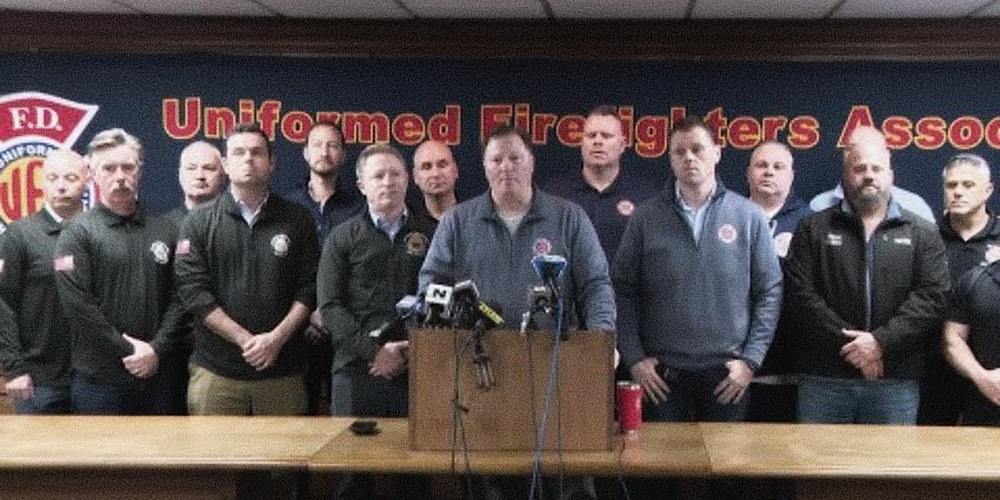New York City’s plan for congestion pricing continues to stir debate, with FDNY unions weighing in on the issue. Firefighters are pushing back against the proposed fees, highlighting potential risks to public safety and questioning the fairness of the tolls for first responders.
The unions argue that the congestion pricing initiative, which could charge commuters up to $22 a day, may have significant financial and operational implications for New York’s firefighters.
What Is Congestion Pricing?
Congestion pricing is a proposed system aimed at reducing traffic in parts of Manhattan by imposing tolls on vehicles entering certain zones. While this plan seeks to ease gridlock, it comes with steep costs for daily commuters, including firefighters who rely on personal vehicles to get to work.
Union leaders emphasize that firefighters often transport necessary gear and respond to emergencies in their personal vehicles. These costs, they say, should not fall on New York’s emergency responders.
Firefighters Call for Exemptions
FDNY unions have made formal requests for exemptions from the congestion pricing tolls. Approximately 2,000 firefighters work in the city at any given time, many of whom use personal vehicles to get to and from their posts. They often transport essential gear weighing up to 85 pounds, which is impractical to carry using public transit.
Union representatives stressed that these vehicles aren’t just for commuting. They’re critical for transporting firefighters between firehouses when shortages arise or when personnel need to cover other stations. Without an exemption, they argue, these activities could slow down and affect daily operations.
The unions described the tolls as an “unfair tax burden” on those who serve the city. Firefighters, they reminded officials, have consistently put their lives on the line for New Yorkers.
Could Public Safety Be Affected?
Union leaders believe the tolls could create ripple effects beyond financial strain. They predict slower response times to emergencies as congestion pricing leads to operational delays. If firefighters can’t afford to commute or if they’re forced to adjust their routines, the city’s emergency response capabilities could suffer.
There’s also concern that the tolls might force the FDNY to buy additional department-owned vehicles to transport personnel. Unions estimate such purchases could cost taxpayers millions, canceling out potential revenue from the congestion pricing program.
The City’s Stance
When asked for comment, the FDNY referred inquiries to City Hall. In a statement, Mayor Eric Adams’ administration reiterated its commitment to public safety and downplayed concerns about the department’s emergency response system being impacted by congestion pricing. However, no specific plans or solutions to address firefighters’ concerns were offered.
This lack of clarity has left firefighters and their unions frustrated. They believe their requests for exemptions have been ignored, and their concerns aren’t being addressed seriously.
What’s at Stake?
The ongoing dispute raises larger questions about the balance between generating revenue and ensuring public safety. Firefighters are worried about the financial burden on their members, while public safety advocates fear the tolls could disrupt life-saving services.
For now, the unions continue their advocacy, hoping the state and city will reconsider their stance. But as congestion pricing moves closer to implementation, first responders worry time is running out to find a resolution that works for everyone.
Conclusion
The push for congestion pricing has ignited passionate debates across New York City, with FDNY unions standing firm on the risks it poses. As the program moves forward, city officials face mounting pressure to address these concerns and find solutions that don’t compromise public safety or place unfair burdens on the city’s heroes. The question remains: can a balance be struck between reducing traffic and protecting those who protect us every day?
Video Summary generated with assistance from AI.



